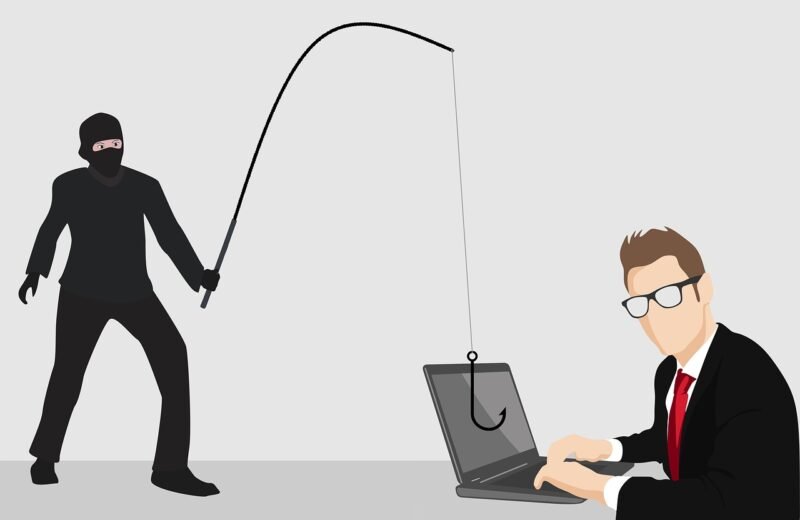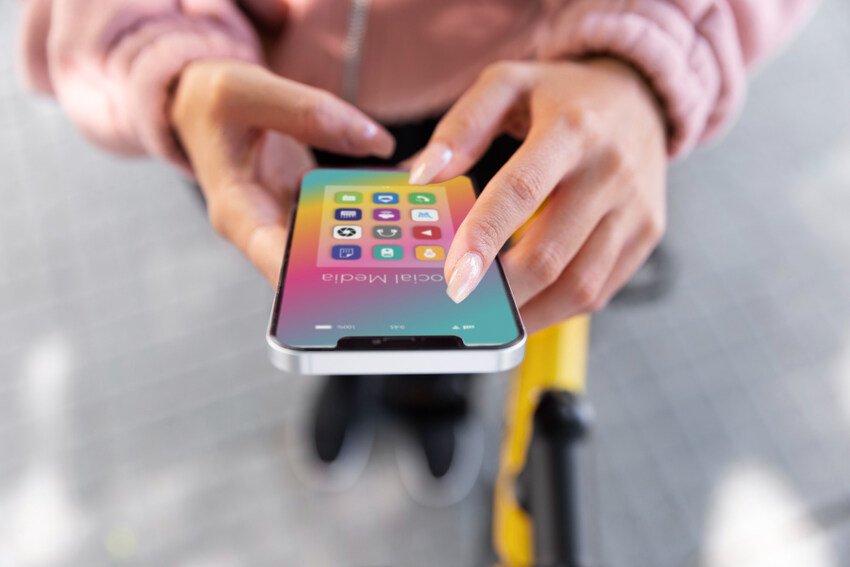Ever since the world has gone online, there have been innumerable advantages and disadvantages. However, with increasing technological advancements, there has also been a rapid increase in online scams. But these scams are inevitable because as much as the internet is a handy tool and a significant part of our daily lives, it is unfortunately hackable. But there is no need to worry because the only thing that can prevent the unavoidable is knowledge and execution. Yes, learning the tools and ways to avoid scams and fraudsters online and implementing them can be helpful.
1. Strong Passwords for Your Social Media Handles
In today’s world, passwords are the one thing that keeps our private information and our data hidden from the rest of the world. Usually, when you attempt to change your password, the site asks you to choose a stronger password. A strong password is at least eight characters and contains both upper and lowercase letters, along with numbers and special symbols, like @, /, $, etc.
As evident by the name, a strong password is difficult to crack hence keeping your social media handles safely. As passwords are easy to set, hard to remember, and easier to hack, it is necessary to choose the right one. If you’re not good at creating a password that is difficult to guess, consider using the 1Password username generator. It will help you make a password that is not common or easy to break. Also, set different passwords for different apps and sites.
2. Update Your Devices
Keeping your devices up to date allows them to have the latest and more secure software, web browser, and operating system. That keeps your devices immune to all kinds of online threats. Updates are there to improve the performance of your device, which also includes improving security. Update your electronic devices as soon as you receive the notification of availability for the best software and secure version.
3. Do NOT Click On Random Links
By all means, do not open random links sent to you in unknown emails or websites. These links are one of many other ways fraudsters commit online scams. These enticing links collect all the necessary financial information once you click them or by enticing offers or adverts, which are unrealistic. Pay attention to the nature of these links. They are mostly irrelevant, alluring, and surreal.
4. Beware of Unknown Calls and Messages
If you receive an unknown message or call asking for your financial information, it is likely a scam. Usually, scammers pretend to be an IT company, bank employee, or phone operator who wants to fix your phone. Know that banks and corporations go around asking for such information by calling or texting. Even if they do, the means are way professional and not at all shady. What you can do is call them and confirm whether they asked for such crucial information or not. Some messages might ask you to act now because something is urgent. Even if a scammer pretends to be someone personally known to you, always confirm. Better safe than sorry.
5. Secure Internet Connection
Connecting your devices to a secure internet connection is another means of combating unwanted online threats. Public wireless networks are open threats to your privacy. Be mindful of information your device processes when connecting to networks other than your trusted ones. Avoid sending important info while connected to a public wireless network.
Use a strong password for your network connection, and don’t share it with someone unknown.
6. Secure Websites
Always open secure websites. Secure websites are one with a tiny locked padlock and begin with HTTPS. Websites without these are not secure, therefore, a threat. Try avoiding them and choose a more secure one.
7. Social Media Appearance
People do not think much before they post on social media. What you post on social media might help a hacker hack your profile. A tiny hint can enable them to figure out your password or something worse. A simple way to avoid this is to be aware of your social media appearance. Avoid posting about your family much, your hobbies, addresses, etc. Most social media sites have introduced security questions. Posting small details on social media can answer those questions for a hacker. The more irresponsibly you post, the more exposed you are to online threats.
8. Not Everyone Online Is Your Friend
As exciting as it sounds to have a lot of followers on social media, it is as dangerous. Some of your followers might be scammers, even though they might not look like it. So if a follower of yours posts some link online which is irrelevant and weird, do not open it. While it might not always be easy to recognize scam accounts, cautiously adding people to your account is.
9. Shop From Trusted Websites
Always read reviews of websites from whom you are buying things. Maybe avoid buying stuff from new businesses who make it seem just way too good. Buy goods from websites that are trusted and have good reviews.
10. Keep your bank details secure
Keep your credit/debit card and other bank details extremely safe. To misplace or lose them is not an option. If you lose your card, contact your bank as soon as possible and ask them to block it to avoid unwanted transactions.
11. Do not log into your accounts from different devices
Do not utilize multiple devices to log into your accounts, especially if the devices are for public use. Public devices are easily hackable and easy to gather information from. The browser may store your data and send it to the hacker. If you use a public device, delete your history immediately.
Conclusion
It is extremely important to ensure safety online. While there are various attempts to make the internet safer, the user has some responsibility. Learn to use the internet. Learn how to keep yourself safe. The responsibility of your safety, for the most part, lies with you. Taking care of the things listed above will do the job for you. Happy surfing!
Read Dive is a leading technology blog focusing on different domains like Blockchain, AI, Chatbot, Fintech, Health Tech, Software Development and Testing. For guest blogging, please feel free to contact at readdive@gmail.com.





